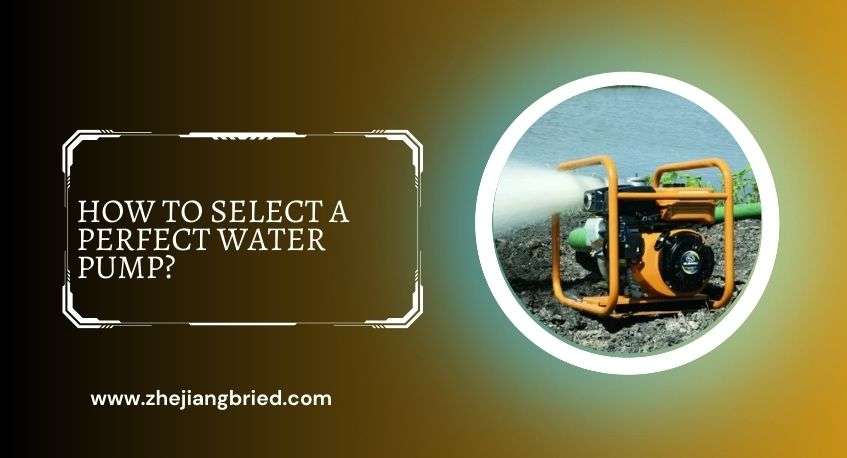
Water pumps are essential tools that serve various purposes, from irrigating fields to providing water for domestic use and industrial applications. However, with numerous options available in the market, selecting the right water pump can be overwhelming. In this comprehensive guide, we'll explore the factors to consider when choosing the perfect water pump that suits your needs.
A gasoline engine water pump offers several advantages, making it a popular choice for many applications. These pumps are portable, versatile, and can operate independently of external power sources, making them ideal for remote locations or areas with limited electricity access.
Gasoline high-pressure water pumps combine the benefits of high-pressure and gasoline engines. These pumps are perfect for heavy-duty tasks, including agricultural irrigation, construction site dewatering, and draining flooded areas.
Before making a purchase, assess your specific water pumping requirements. Consider factors such as the intended application, water source, distance to be covered, and required flow rate and pressure.
Flow rate and pressure are crucial factors in selecting the right water pump. A higher flow rate is essential for tasks like irrigation, while high pressure is necessary for pumping water uphill or over extended distances.
Pay close attention to the materials used in the construction of the water pump. Rust-resistant and durable materials ensure longevity and reliable performance, even in harsh environmental conditions.
Understanding the suction and discharge head of a water pump is vital. The suction head refers to the vertical distance from the water source to the pump, while the discharge head is the vertical distance from the pump to the discharge point. Choose a pump that meets the requirements of your specific scenario.
For gasoline engine water pumps, fuel efficiency, and engine power play a significant role. Opt for a pump that balances power output with fuel consumption to achieve maximum efficiency.
In scenarios where noise pollution is a concern, such as residential areas, consider a water pump with reduced noise levels and vibration. This ensures a quieter operation and minimizes disturbances.
Regular maintenance is crucial to keep your water pump functioning optimally. Research the maintenance requirements of the pumps you are considering and choose one that aligns with your ability to perform routine upkeep.
Certain accessories can enhance the performance and efficiency of your water pump. Items like hoses, filters, and pressure regulators can make a significant difference in the overall functionality of your system.
Safety should always be a top priority when selecting a water pump. Look for safety features like automatic shutoff and thermal protection to prevent accidents and damage to the pump.
Now that you are aware of the essential considerations, it's time to find the perfect water pump that aligns with your requirements. Compare different models, read customer reviews, and seek expert advice if necessary.
Proper installation is crucial to ensure your water pump operates efficiently and effectively. Follow the manufacturer's guidelines and seek professional help if you are unsure about the installation process.
Despite taking all precautions, issues may arise with your water pump. Familiarize yourself with common problems and their solutions, such as low water pressure, clogs, or leaks.
High-pressure water pumps can last anywhere from 5 to 15 years, depending on usage, maintenance, and quality of materials.
Assess your requirements, including the tasks you intend to perform and the availability of electricity. If you need a portable and versatile solution, a gasoline engine water pump might be the right choice.
While high-pressure water pumps are more commonly used for industrial or agricultural purposes, they can also be employed for high-demand household applications, such as deep well pumping or pressure cleaning.
Regular maintenance includes checking the oil level, cleaning the filter, inspecting hoses for leaks, and ensuring proper storage when not in use.
You can reduce noise levels by placing the pump on a stable and vibration-absorbent surface, using rubber pads, or installing a noise-reducing enclosure.
By following this ultimate guide, you are now equipped with the knowledge to choose the perfect water pump that fulfills your needs while ensuring a smooth and efficient water pumping experience. Remember to consider factors such as flow rate, pressure, materials, and fuel efficiency to make an informed decision.